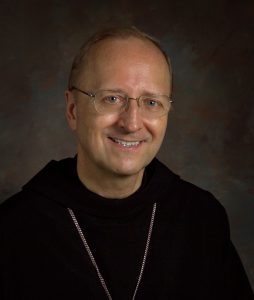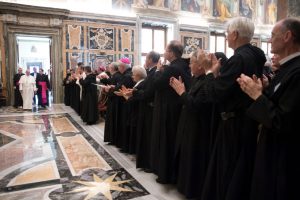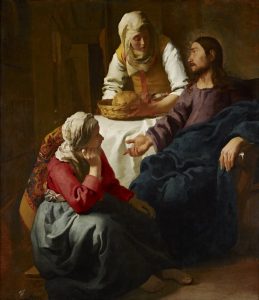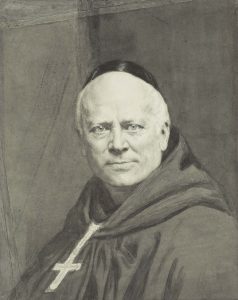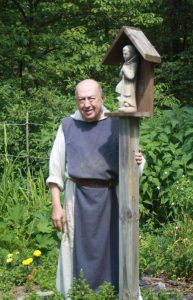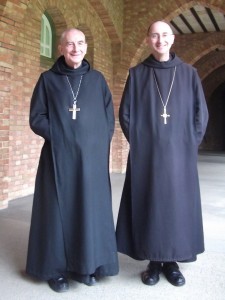 I always look forward, for some reason, to the feast day of Saint Bernard of Clairvaux. Not sure why, but it may have something to do with marking the progress of the summer (just like the Transfiguration and the Assumption does) but also because his youthful calling to serve God in a profound way is a true inspiration.
I always look forward, for some reason, to the feast day of Saint Bernard of Clairvaux. Not sure why, but it may have something to do with marking the progress of the summer (just like the Transfiguration and the Assumption does) but also because his youthful calling to serve God in a profound way is a true inspiration.
Of the saint it is said:
You are the light of the world. A city set on a mountain cannot be hidden. Nor do they light a lamp and then put it under a bushel basket; it is set on a lampstand, where it gives light to all in the house. Just so, your light must shine before others, that they may see your good deeds and glorify your heavenly Father.
The historians tell us that Bernard, at 22, together with his four brothers, and 25 friends, joined the relatively new abbey of Citeaux; we also know that his father and another brother joined him.
Early in his monastic life he was called upon to be an abbot founding the Abbey of Clairvaux. In time, his abbey had over 700 monks with 160 daughter houses. Bernard was the one to give the Cistercian reform of Benedictine monasticism its vitality.
His doctrine was clear and straight-forward. His sermons were of the highest quality. His pastoral work included fighting the Albigensian heresy, helping the Second Crusade, ending the schism of anti-Pope Anacletus II, and teaching monks among whom was the future Blessed Pope Eugene III. Bernard was an ardent lover of the Blessed Virgin Mary and called himself “Beatae Mariae cappellane” – the Blessed Virgin Mary’s Chaplain.
Pope Pius VIII called Bernard the “Mellifluous Doctor” for his eloquence and named him a Doctor of the Church
Here is a sermon:
I love because I love, I love that I may love
Love is sufficient of itself, it gives pleasure by itself and because of itself. It is its own merit, its own reward. Love looks for no cause outside itself, no effect beyond itself. Its profit lies in its practice. I love because I love, I love that I may love. Love is a great thing so long as it continually returns to its fountainhead, flows back to its source, always drawing from there the water which constantly replenishes it. Of all the movements, sensations and feelings of the soul, love is the only one in which the creature can respond to the Creator and make some sort of similar return however unequal though it be. For when God loves, all he desires is to be loved in return; the sole purpose of his love is to be loved, in the knowledge that those who love him are made happy by their love of him.
The Bridegroom’s love, or rather the love which is the Bridegroom, asks in return nothing but faithful love. Let the beloved, then, love in return. Should not a bride love, and above all, Love’s bride? Could it be that Love not be loved?
Rightly then does she give up all other feelings and give herself wholly to love alone; in giving love back, all she can do is to respond to love. And when she has poured out her whole being in love, what is that in comparison with the unceasing torrent of that original source? Clearly, lover and Love, soul and Word, bride and Bridegroom, creature and Creator do not flow with the same volume; one might as well equate a thirsty man with the fountain.
What then of the bride’s hope, her aching desire, her passionate love, her confident assurance? Is all this to wilt just because she cannot match stride for stride with her giant, any more than she can vie with honey for sweetness, rival the lamb for gentleness, show herself as white as the lily, burn as bright as the sun, be equal in love with him who is Love? No. It is true that the creature loves less because she is less. But if she loves with her whole being, nothing is lacking where everything is given. To love so ardently then is to share the marriage bond; she cannot love so much and not be totally loved, and it is in the perfect union of two hearts that complete and total marriage consists. Or are we to doubt that the soul is loved by the Word first and with a greater love?

